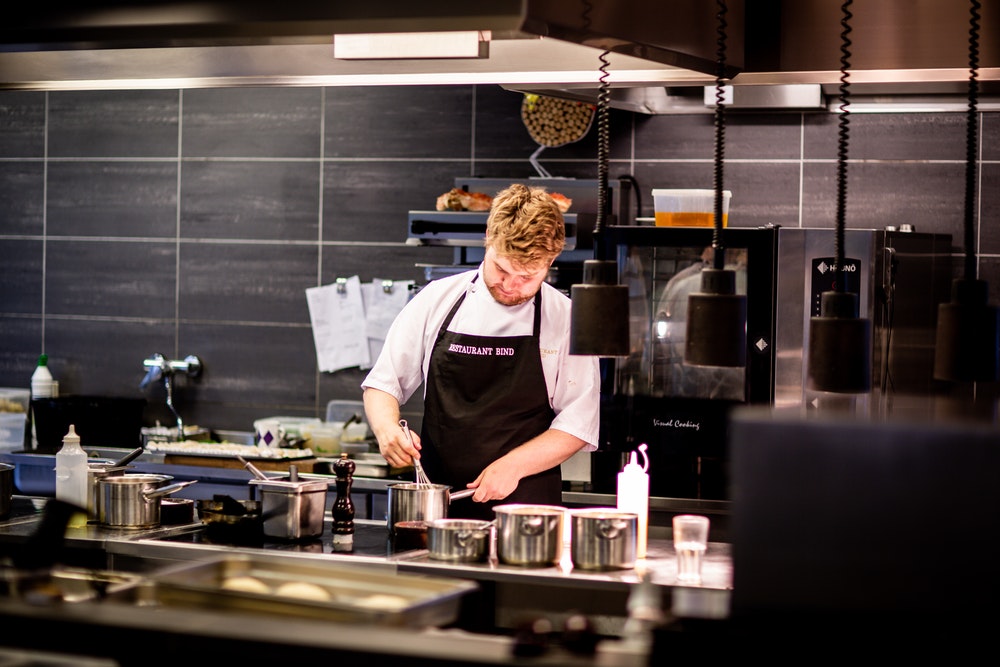Hospitality workers are charged with providing top of the range services to customers. In order for them to achieve this goal, they need to be motivated. We explain how to motivate your hospitality team.
The difference between a motivated and unmotivated team can be seen and felt in their interactions with each other, with customers and on a business’s bottom line. In the competitive hospitality industry, a motivated team is even more important. They can lead to repeat business and affect positive word of mouth.
Whether your business falls in the hotel, restaurant or tourism sector, here are some assured ways to motivate your hospitality team.
Motivate your hospitality team with a good briefing
Before the day or week begins, a manager might start off by giving a briefing. This might include what needs to be done, who is doing what and any changes or special requirements.
This briefing can set the tone for the entire day or even week. If the morning briefing is peppered with reprimands and warnings, you will bring the team mood down and this could have a direct effect on how they interact with guests.
Yes, a briefing can be used to address mistakes, but it can also be used to encourage and empower your team. Build staff morale by giving team members a chance to say something, take questions and if you can, end with a joke or on a positive note.
A good idea can come from anyone
It is important for your staff to feel heard and listened to. This also includes when it comes to new ideas and initiatives. As opposed to brainstorming with only the managers and then presenting ideas to the team, involve staff. They will feel valued when they are invited to contribute to projects.
If for instance you want to do something special for your most loyal guests, ask the staff what they think. This means everyone, including the dishwashers. Because of their close interaction with clientele, some staff just might have a better idea than anyone else.

Having their idea implemented will build excitement about work as well. If you want to motivate your hospitality team, listen to them.
Remember to show appreciation
So someone shared a great idea and it was implemented. Did they get a thank you? Do not take it for granted that your staff just know they are appreciated. Take the time to thank them as a group and as individuals. This will show them that their bosses see their efforts.
Beyond saying thank you, appreciation can be expressed in form of gifts and perks.
What next?
Imagine someone has been front desk personnel at your hotel for 3 years. It will not be long before they start to feel like they are not growing. Another way to motivate your hospitality staff is to show them where they go next in their careers.
A discussion on career growth can involve what steps an employee needs to take to earn that promotion. This will motivate them to put in the work necessary.
However, promotions are not the only way to invest in staff growth. You can help them upgrade their skills. Trainings and coaching ensure that staff are not stagnated in their careers even if they are not getting one promotion after another. They become more competent and feel like they too gain from being a part of the business.

Image: Pexels
Let your front of house staff have a taste of the dishes
This might seem like a simple thing but it is very helpful in motivating your staff. It empowers staff to speak confidently about a meal or a new bottle of wine to customers. As they will have tasted it themselves, they will know what to say when they are asked. This excellence in service will resonate with customers and can even help your restaurant win a hospitality award.
They can also confidently recommend options because they have the knowledge. Giving them the room to attain mastery in their work is a good way to motivate your hospitality team.
Team building is important
“When would we ever have time for team building?” managers in the hospitality industry might ask. After all, some businesses in the hospitality industry run for 24 hours all year round. Others might be reluctant to invest in team building because of the high turnover rate (30% in the UK) in the industry. However, team building can motivate staff and even lead to a reduction in turnover.
It allows team members to interact in a relaxed setting and this fosters strong team bonds that can make working together seamless. If different departments are brought together, employees who usually don’t work together will be given the chance to interact. Be sure to ask what team building activities the staff are interested in. Foisting an outdoor day on a group that would rather eat together and relax will not have the desired effect.
When done right, the social interactions that happen during team building can give employees a blue print for how to interact with each other at the work place. This can lead to a friendlier workplace and that too can motivate your hospitality team.
Offer incentives
While some employees will have intrinsic motivation to get their work done, it doesn’t hurt to increase that motivation by offering incentives.
Incentives like time off, gift vouchers and sometimes, bonuses will help to push staff to put in a little extra effort to get the job done. Incentivizing helps to also motivate those who are not excelling to step up. However, vary the challenges in order to give everyone, with their different skillsets and competencies, a chance to win. Otherwise, the same people will always win and that can have the opposite of the desired effect.
In Summary
Hospitality teams face working conditions that are different from those in other industries. Managers should keep this in mind when they are considering ways to motivate their teams. Motivated hospitality workers are an asset that can produce long term benefits for a business.



